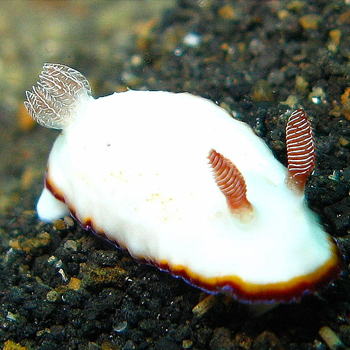What does ionic radii mean?
1 Answer
Radius of an ion
Explanation:
Atomic radius the radius of an atom in its neutral state. Ionic radius is the radius of an atom in an ionic state. The radius will differ depending on the charge of the ion.
The radius increases as the charge becomes more negative. The radius decreases as the charge becomes more positive. This is due to the number of protons and electrons in the ion.
With cations, there are more protons than electrons. This will cause the electrons to be held more tightly to the nucleus. When the first two columns become ions, you essentially lose the outermost subshell. The ionic radius decreases significantly compared to the atomic radius. In
With anions, there are more electrons than protons. This will cause the electrons to be held less tightly to the nucleus. The ionic radius increases (sometimes significantly) compared to the atomic radius. In

